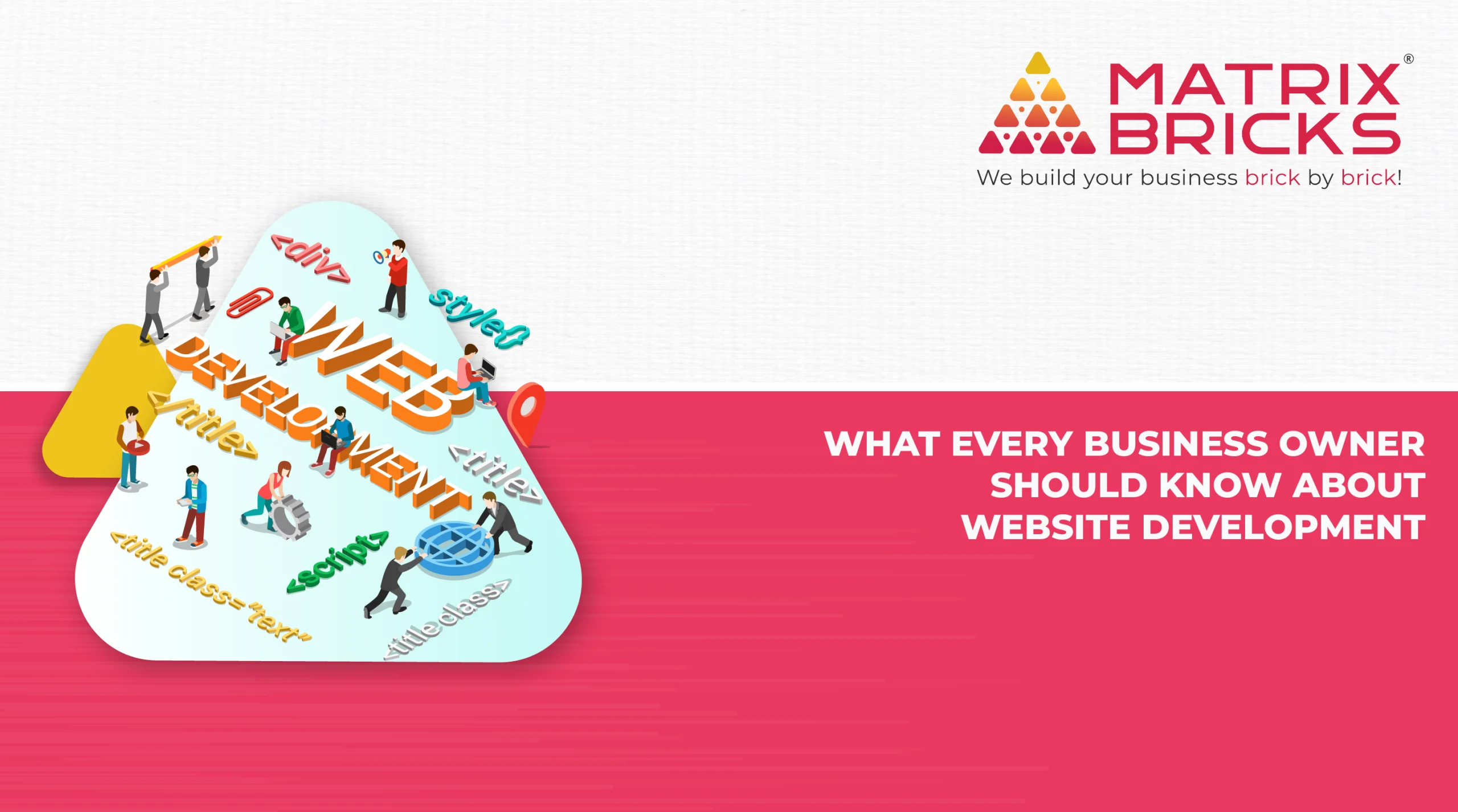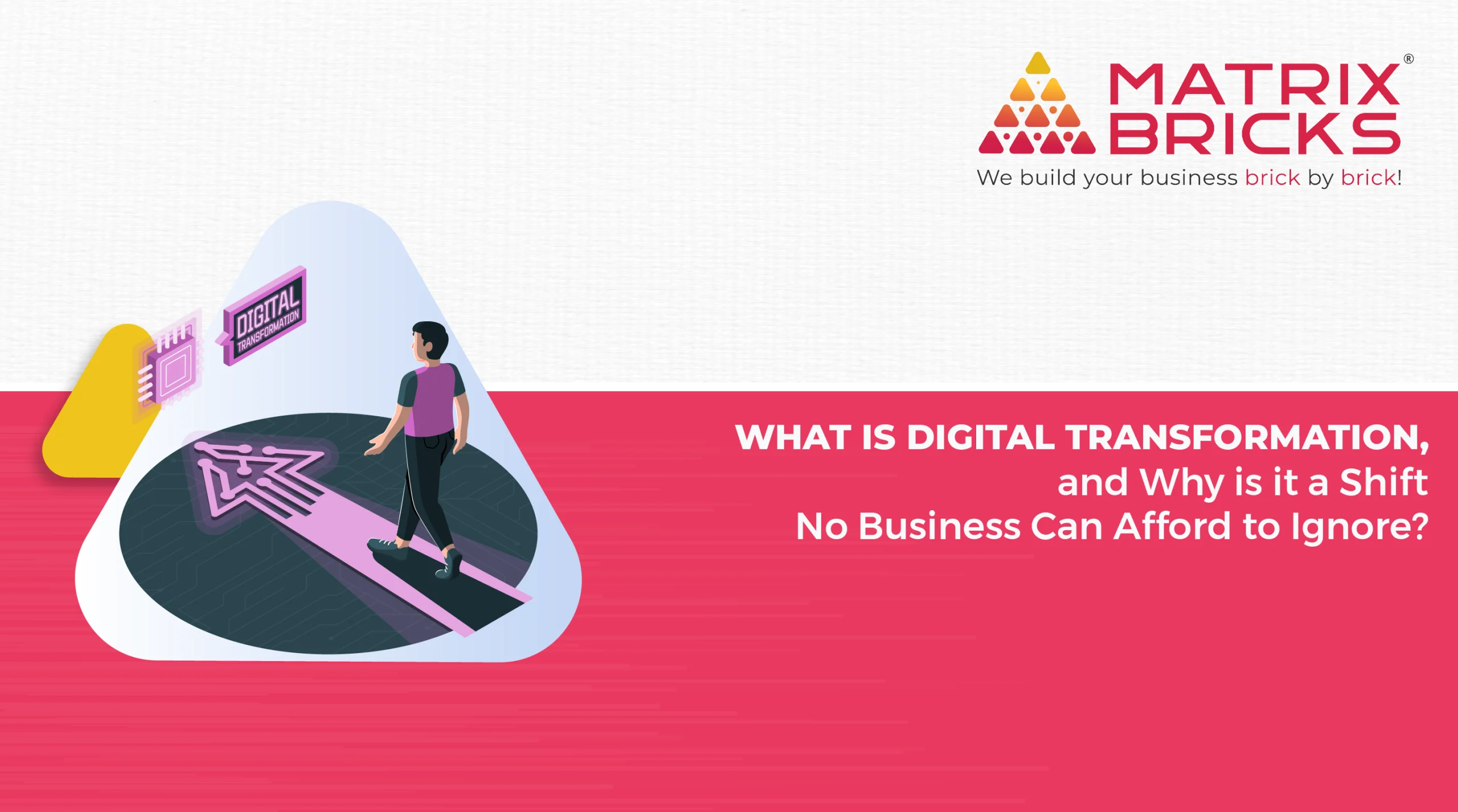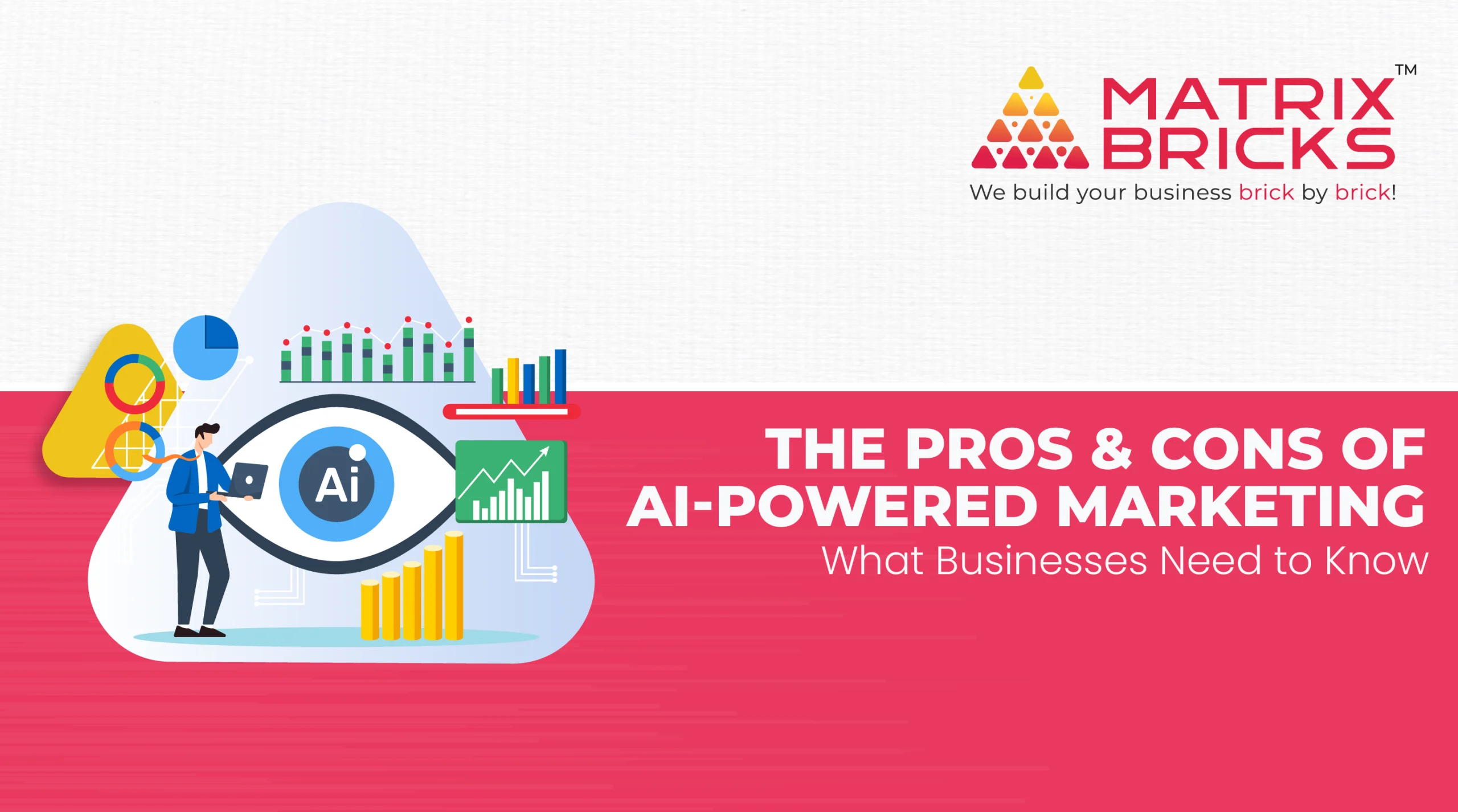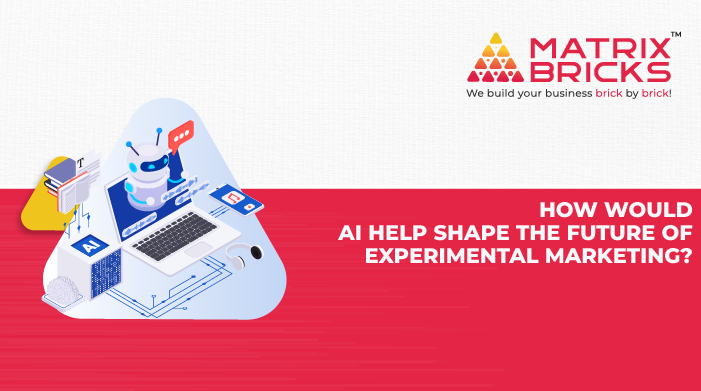
The rise of artificial intelligence (AI) has transformed multiple industries, and marketing is no exception. In recent years, experimental marketing has emerged as a powerful tool to engage customers in new and dynamic ways. As we look to the future, the integration of artificial intelligence into experimental marketing is poised to reshape the landscape entirely. From personalisation and automation to predictive analytics and immersive experiences, AI offers a range of possibilities that could redefine how brands interact with their audiences.
Here’s how AI will play a pivotal role in shaping the future of experimental marketing and the potential benefits of artificial intelligence in this domain.
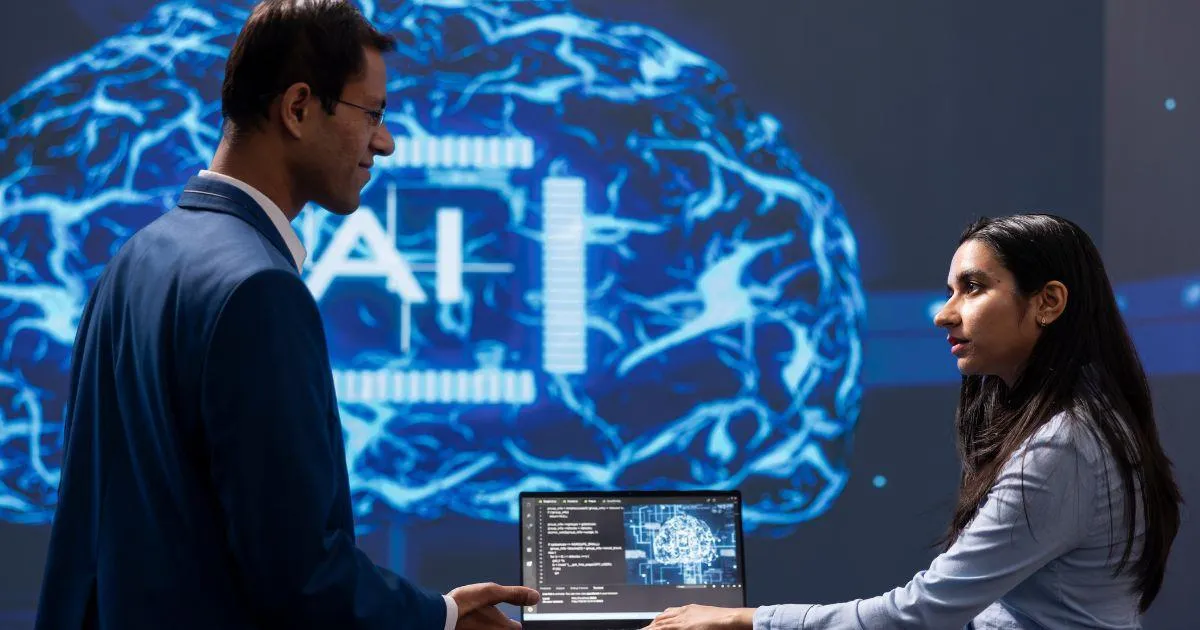
1. Enhanced Personalisation
One of the most significant benefits of AI in experimental marketing is its ability to deliver highly personalised experiences. AI algorithms can analyse vast amounts of data to understand consumer preferences, behaviours, and interests. This data-driven approach allows brands to create tailored campaigns that resonate with individual customers on a deeper level.
For example, AI can analyse social media activity, purchase history, and browsing behaviour to curate personalised content and recommendations for each user. This level of personalisation enhances the customer experience, making them feel valued and understood. AI-driven customisation can therefore result in better brand loyalty, higher conversion rates, and greater levels of engagement.
2. Improved Customer Insights and Predictive Analytics
AI excels at processing and analysing large datasets at speed, providing valuable insights into customer behaviour and preferences. Brands can use machine learning algorithms to detect patterns and trends that might not be immediately obvious. These insights enable marketers to make informed decisions about their experimental marketing strategies.
Additionally, AI’s predictive analytics capabilities allow marketers to anticipate future consumer behaviours and trends. By understanding what customers are likely to do next, brands can create proactive campaigns that capture attention and engagement before competitors even realise the opportunity. Predictive analytics also help marketers allocate resources more effectively, ensuring that campaigns are targeted at the right audience segments.
3. Optimising Content Creation and Delivery
Another way in which artificial intelligence is set to shape experimental marketing is through content creation and delivery. AI-powered solutions can use predefined criteria and data insights to create creative material, including text, photos, and videos. This guarantees that the information is interesting and relevant for the intended audience while also saving time and resources.
Moreover, AI can optimise the delivery of content by determining the best time and platform to reach the audience. By analysing user data, AI algorithms can identify the optimal moments for engagement, maximising the impact of marketing efforts. This data-driven approach ensures that content reaches the right people at the right time, enhancing the overall effectiveness of experimental marketing campaigns.
4. Creating Immersive and Interactive Experiences
The future of experimental marketing will likely involve more immersive and interactive experiences, and AI will play a key role in making this possible. Virtual reality (VR), augmented reality (AR), and mixed reality (MR) are already being used to create engaging brand experiences. By leveraging AI’s real-time learning and adaptability, these experiences can be even more personalized and responsive to each individual user.
For instance, AI can enhance VR and AR experiences by dynamically adjusting the content based on the user’s reactions and preferences. This creates a more interactive and memorable experience, leaving a lasting impression on the audience. The benefits of Artificial intelligence in creating such immersive experiences are vast, from improving customer satisfaction to increasing the likelihood of positive word-of-mouth marketing.
5. Automating Marketing Processes and Campaigns
Automation is another area where AI will shape the future of experimental marketing. AI can automate repetitive marketing tasks, such as data collection, analysis, and reporting, freeing up time for marketers to focus on strategic decision-making and creative development. Additionally, AI-powered automation tools can manage entire marketing campaigns, from segmentation and targeting to content delivery and performance monitoring.
This level of automation not only increases efficiency but also allows for real-time optimisation of campaigns. AI algorithms can continuously monitor performance metrics and adjust strategies accordingly, ensuring that campaigns are always aligned with business objectives and customer needs. The benefits of artificial intelligence in automating marketing processes are clear: reduced costs, increased speed, and enhanced campaign effectiveness.
6. Enabling Real-Time Customer Engagement
In today’s fast-paced digital landscape, real-time engagement is crucial for capturing the attention of consumers. AI enables brands to interact with customers in real-time through chatbots, voice assistants, and other AI-powered tools. These tools can provide instant responses to customer queries, offer personalised recommendations, and guide users through the purchasing process.
AI-driven real-time engagement not only improves the customer experience but also helps brands build stronger relationships with their audience. By providing immediate and relevant responses, brands can create a sense of connection and trust, leading to higher customer satisfaction and loyalty.

7. Improving Data Security and Privacy
As experimental marketing increasingly relies on data to create personalised experiences, data security and privacy become paramount. AI can help ensure that customer data is collected, stored, and processed securely. AI algorithms can detect and prevent potential security breaches, ensuring sensitive information is always protected.
Moreover, AI can help brands comply with data privacy regulations by automating the management of consent and preferences. This builds trust with customers, who are more likely to engage with a brand that prioritises their privacy and security.
8. Facilitating Cross-Channel Integration
Another way AI will shape the future of experimental marketing is by facilitating cross-channel integration. Consumers today interact with brands across multiple platforms and devices, and maintaining a consistent brand experience can be challenging. AI-powered tools can help integrate marketing efforts across different channels, ensuring that customers receive a seamless and cohesive experience.
AI is able to determine the best channels for engagement and adjust marketing strategies by assessing data from multiple touchpoints. This cross-channel integration allows brands to reach their audience wherever they are, increasing the chances of a successful campaign.
9. Personalised Customer Journeys
AI is revolutionising the way in which brands comprehend and oversee consumer journeys. With its ability to analyse vast amounts of data and predict user behaviour, AI can create highly personalised customer journeys that guide users from awareness to conversion.
For example, AI can analyse how different users respond to various types of content and adjust their experience accordingly. The benefits to artificial intelligence in crafting personalised customer journeys are immense, from improving the overall customer experience to boosting campaign ROI.
10. Utilising Sentiment Analysis for Better Engagement
AI-powered sentiment analysis tools can monitor social media platforms, forums, and other digital channels to gauge public sentiment towards a brand, product, or campaign. This enables marketers to understand how their audience feels and make adjustments to their strategies in real-time.
Brands may improve their messaging, content, and overall strategy to better connect with their target audience by analysing sentiment. The benefits to Artificial intelligence in this area include improved brand perception, increased engagement, and more effective communication with the audience.
Conclusion
AI is set to revolutionise the future of experimental marketing in numerous ways. From enhancing personalisation and automating processes to enabling real-time engagement and creating immersive experiences, AI offers a range of benefits that can significantly enhance marketing efforts. As brands continue to explore the potential of AI, the benefits to artificial intelligence in shaping innovative and effective marketing strategies will become even more apparent. The future of experimental marketing is bright, with AI leading the way to more personalised, engaging, and impactful campaigns.


